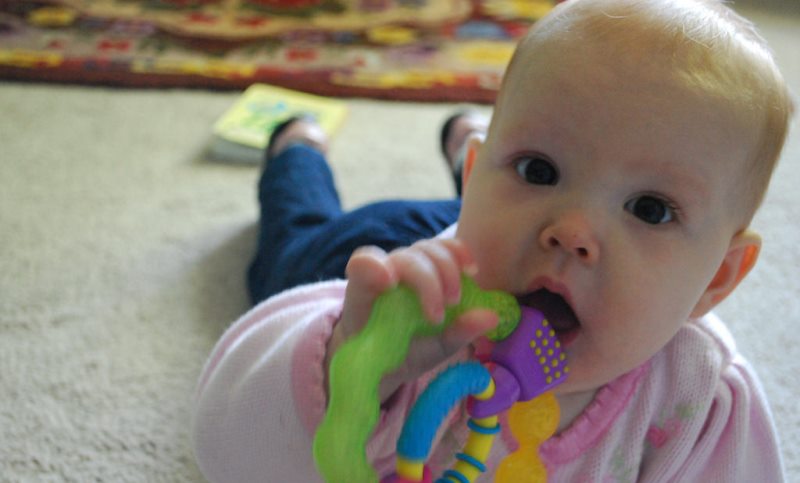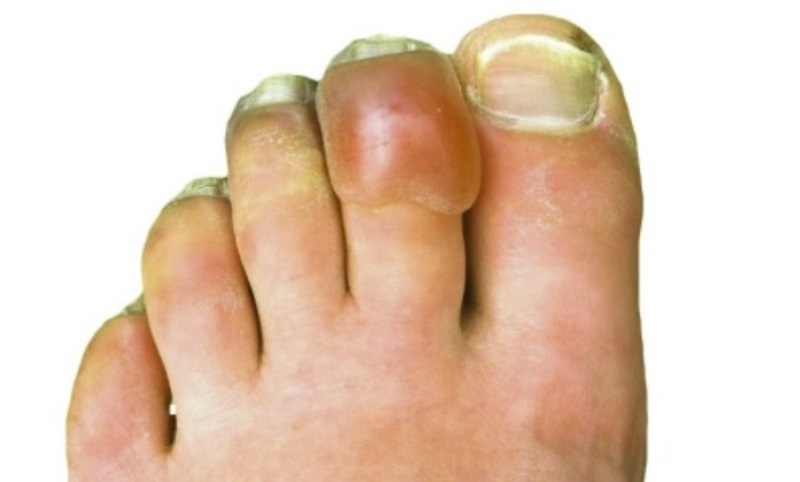The face of depression doesn’t always depict sadness or lethargy. Sometimes, a person with a smiling face can also suffer from depression. While clinical depression is relatively easier to diagnose and treat, it can be extremely tough to identify walking depression. An individual might seem alright or even well put together from the outside, but from deep within, they can be dealing with a life-changing event.
So what is walking depression and how can we identify it? Well, to start with, you should educate yourself and the people around you about it. You should look out for its signs among your friends and family and gradually take the needed measures to overcome it. To further help you, we have come up with this extensive guide. We will cover every essential detail about walking depression here.
Suggested read: 8 Celebrities With Depression Who Are Advocating For Mental Health Awareness
What is walking depression?
Also known as “smiling” depression, it is extremely different from major depression that can clinically be detected. Unlike having a feeling of despair and sadness all the time, individuals suffering from walking depression seem alright from the outside. That is, they are able to do everyday activities like walking, talking, and even smiling in an auto-pilot mode. Though, from deep inside, they suffer from profound sadness and a lack of purpose in life.
What can trigger walking depression?
To start with, it is important to know what can cause smiling depression in the first place. There could be numerous triggers, causes, and significant events behind it. Here are some of the common reasons.
- A life-changing event can often cause emotional turmoil in an individual. The death of a loved one, heartbreak, kids moving abroad, losing a job, or any other significant event can be a major setback in anyone’s life.
- Social media can also impact the way we perceive the world around us. As we see people sharing only the best of their lives, we start comparing things and feel like as if we are missing out on things.
- Constant judgment from others for certain things often acts as a vital trigger. If you will be judged for your appearance, ethnic background, your sexual orientation, the way you speak, or anything else all the time, then it can certainly affect your mental state.
- Suppressed emotions are certainly not helpful for any individual. As we hide our feelings, they take shape in different ways. While suppressing a trauma, people might act normally when from deep inside they might be suffering.
- Unrealistic expectations from our friends, family, and loved ones can also break our heart. If someone around you is toxic or keeps hurting you all the time, then it can push you to the deep end.
How is walking depression diagnosed?
Ideally, walking depression can be quite tough to diagnose. Clinical depression has distinctive symptoms and this makes it easier for even a non-professional to diagnose. People suffering from walking depression mostly have their act together. They go out, smile often, and functions quite flawlessly. Though, some of these signs can help you identify if an individual is going through a rough patch.
- Loss of appetite is one of the major symptoms of walking depression. Even if the individual is acting the usual way, chances are that they might be eating lesser than their average diet.
- Individuals often get overly occupied with work and distract themselves from confronting their emotions by overworking themselves.
- It has also been observed that people in the initial stage of depression cut themselves from various social affairs. They become introverted and spend more time on their own instead of going out.
- They are also less enthusiastic regarding celebrations, festivals, or any other important occasion.
- People suffering from walking depression often feel a sense of incompleteness in their lives. They feel as if something is missing or are not able to find a strong sense of purpose.
- A sudden change in the lifestyle, sleeping more often, or drastic changes in weight are some other common symptoms.
If you think you or someone else around you is suffering from walking depression then it is essential to visit an expert. It is only after undergoing a thorough session, a professional would be able to diagnose walking depression and further come up with a plan of action.
Suggested read: They Are Aching For Your Love: Here’s How You Can Help An Elderly Person With Depression
What are the major risks associated with it?
Since it might seem like an individual is behaving the usual way, people often think that walking depression doesn’t have any drastic impact. Needless to say, it is a major misconception. Clinical depression is relatively easier to diagnose and hence treat. This makes smiling depression riskier and individuals suffering from it might seem like a walking bomb that can explode anytime.
It has been observed that men who are suffering from depression are 3 times more likely to commit suicide. People who commit suicide from walking depression always come as a surprise to others. Their friends and family often say “but we didn’t see it coming”. Robin William’s suicide highlighted the same a few years back. His friends and family always saw him as someone who would smile all the time, not knowing that he was suffering from walking depression.
Apart from suicide, smiling depression can have numerous other consequences on an individual as well. People can get addicted to harmful drugs as in them they find a way to escape from their reality. They often make sudden and irrational choices like moving to a different city or quitting a job because they can’t find a sense of purpose in their life. They can also hurt the people around them as they want to isolate themselves and might cause some collateral damage on the way.
How to treat walking depression?
To start with, it is important to diagnose walking depression. Visit a trained professional and get a dedicated session to make sure if you are suffering from it or not. If you think someone around you is going through the same, then make sure they visit a professional as well. Mostly, the following courses of treatments are recommended.
- Talk Therapy
Believe it or not, there is nothing quite like venting out your emotions to others. Instead of suppressing your feelings, you should talk to someone around you whom you can trust. You can talk to your friends, a family member, or even your therapist. This will help you release your stress and emotions while keeping others informed about it as well.
- Educate yourself
It is extremely important to educate yourself and the people around you about walking depression and mental health issues. This will help you not only to diagnose your symptoms, but you can also explore all kinds of treatments for yourself and the people around you. There are different online as well as offline resources that you can explore. You can also call a hotline to get more assistance on the same.
- Psychotherapy
This is one of the most common ways of treating depression. As you would visit an experienced psychotherapist, you would be able to understand more about walking depression. A trained individual would be able to identify its triggers, root cause, and also guide you how to work on it. Just be sure to stick to the full treatment and be honest with your therapist to get productive results.
- Medications
Apart from therapy, you might also be suggested to take certain medications as well. Ideally, it should be a personal decision. You should know for how long you are supposed to take the medicines and what will be their side effects. Mostly, therapists can prescribe antidepressants or reuptake inhibitors that can calm your mind and make you feel better.
- Lifestyle changes and self-healing
If you really want to be better, then you need to heal yourself. To do this, you can bring some evident changes to your lifestyle. Eat healthy food, stay hydrated, and exercise more often. Don’t maintain a sedentary lifestyle that can further trigger depression. Also, try to medicate in order to calm your mind and find a passion to channel your energy. Have a change of mindset and the world around you will certainly feel better. Remember, no one can heal you if you are not ready to heal yourself.
Suggested read: How To Talk To Someone With Depression: Things You Should Say And Things You Should NOT
Now when you know what is walking depression, its major signs, triggers, and how to treat it – you can easily help yourself and the people around you. Remember, just because someone might seem alright, it doesn’t mean that they are in their best shape. They might act normal while still suffering significantly from deep within. When someone talks about their feelings to you, listen. Give them your undivided attention and let them know that they are not alone.
If you think you are going through a rough patch, then talk to your friends and family. Get in touch with a professional and be aware of it. There is so much more to life that is yet to be explored. Take it one day at a time and soon all of this would feel like a distant dream. You are precious and beautiful. Never forget that.
Featured image source: Google, copyright-free image under Creative Commons License













